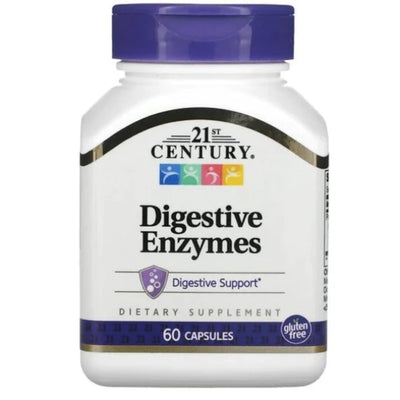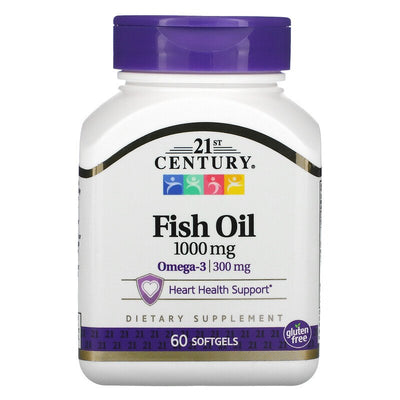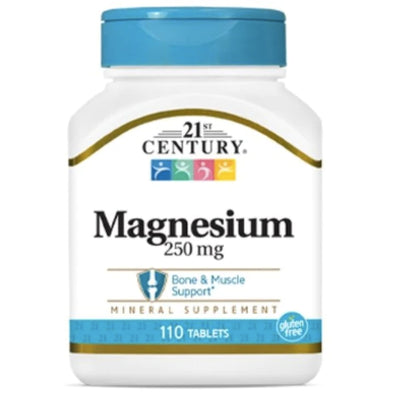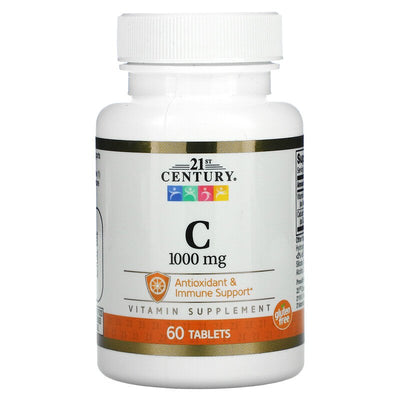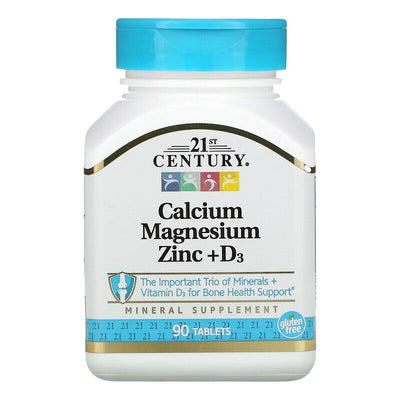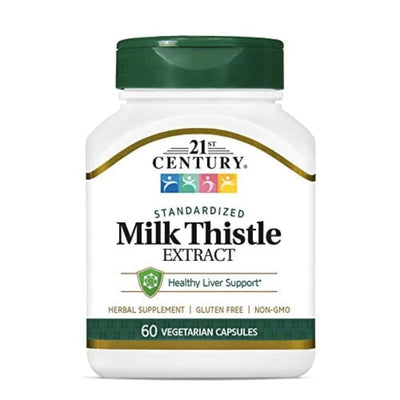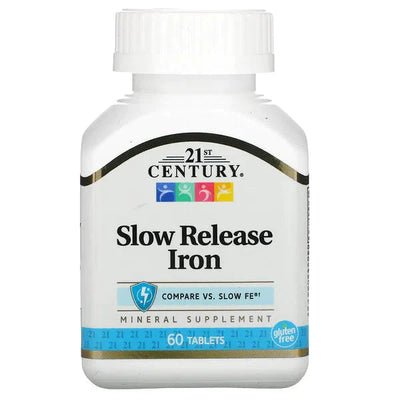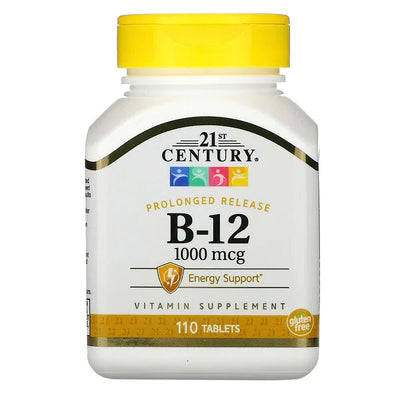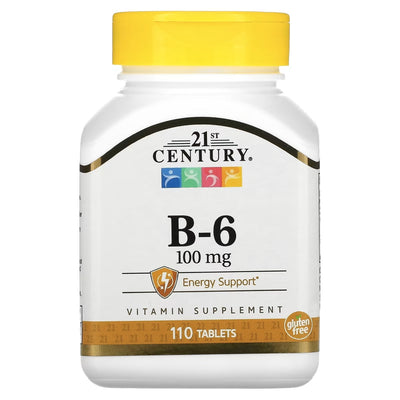
Protein for Women: Addressing Unique Dietary Requirements
The Importance of Protein for Women
Protein is essential for building and repairing tissues, supporting immune function, and producing hormones and enzymes. It's also crucial for maintaining muscle mass, supporting weight management, and ensuring overall health. Here’s why protein is particularly important for women:
Muscle Health and Aging
Women naturally have less muscle mass than men and tend to lose it faster as they age, a process accelerated by menopause. Adequate protein intake can help slow muscle loss, maintain metabolism, and decrease the risk of osteoporosis and frailty.
Reproductive Health
During pregnancy and breastfeeding, women’s protein requirements increase significantly to support fetal development and milk production. Ensuring adequate protein intake is crucial for the health of both mother and baby.
Weight Management
Protein is known for its ability to increase satiety and reduce appetite, making it a vital component of any weight management or weight loss diet. It can help women maintain a healthy body weight by reducing body fat and preserving lean muscle mass.
How Much Protein Do Women Need?
The general recommendation for protein intake is about 0.8 grams per kilogram of body weight per day for the average adult. However, this amount can vary based on age, activity level, muscle mass, physiological state, and overall health:
- Active women who regularly engage in strength training or endurance activities may need approximately 1.2 to 2.0 grams per kilogram of body weight.
- Pregnant and breastfeeding women may require more protein — about 1.1 to 1.5 grams per kilogram of body weight.
- Older women over 50 should aim for about 1.0 to 1.2 grams per kilogram of body weight to counteract muscle loss due to aging.
Best Protein Sources for Women
Animal-Based Proteins
These include meats like chicken, turkey, and lean beef, which provide high-quality, complete proteins. Fish, particularly fatty types like salmon, are also excellent for their high protein and omega-3 fatty acid content. Dairy products and eggs are additional valuable sources.
Plant-Based Proteins
Legumes, nuts, seeds, and tofu are great options for vegetarian or vegan women. Quinoa and buckwheat are among the few plant foods that provide complete proteins.
Protein Supplements
For convenience, women may also consider protein powders such as whey, casein, or plant-based alternatives like pea or hemp protein. These can be particularly useful for meeting increased protein needs without significantly increasing calorie intake. Supps247 offers a variety of protein supplements that cater to different dietary preferences and needs.
Practical Tips for Incorporating More Protein into a Woman’s Diet
- Include a protein source in every meal to ensure a steady intake throughout the day.
- Use supplements when necessary especially during times of increased need, such as pregnancy or intense training periods.
- Combine plant proteins to ensure you’re getting all essential amino acids.
Conclusion
Protein is crucial for women’s health due to their unique physiological needs and life stages. By understanding these needs and how to meet them, women can use protein to enhance their health, from reproductive health and muscle maintenance to weight management and overall wellness. Whether through dietary choices or supplements from Supps247, ensuring adequate protein intake is a key component of a healthy lifestyle for women.
- #anti aging
- #APPETITE SUPPRESSANTS
- #athlete
- #beef protein
- #before bed protein
- #BODY BUILDING
- #bodybuilding
- #collagen protein
- #Deals
- #discount
- #endurance
- #Health Supplement
- #ifbbpro
- #melbourne
- #protein
- #protein hydrolyzed
- #protein powder
- #Protein Shake
- #ringwood
- #sale
- #springvale
- #supplement
- #supplement shop
- #supplement store
- #supplement store near me
- #supps247
- #vitamins and minerals
- #WEIGHT LOSS
- #WEIGHT LOSS SUPPLEMENT
- #whey protein
- #whey protein isolate
- #women's health
Share







